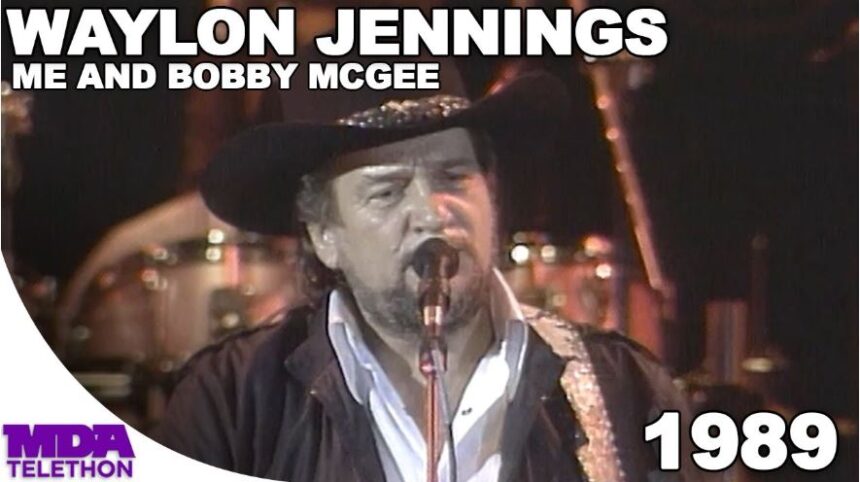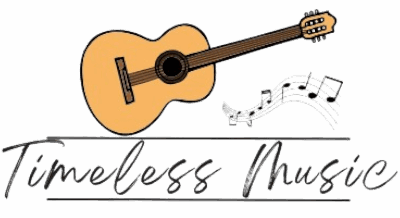
When you think of legendary country voices, Waylon Jennings stands tall. In 1973, Jennings released his version of “Me and Bobby McGee”, a song that had already taken on a life of its own thanks to Kris Kristofferson and Fred Foster, who penned it, and Janis Joplin, who made it iconic in 1971. But Jennings wasn’t just covering a hit — he was reshaping it in his own rugged, outlaw country style.
The Story Behind the Song
Originally written by Kristofferson and Foster, “Me and Bobby McGee” captures the bittersweet beauty of love, freedom, and life on the open road. Joplin’s raw and passionate version brought it global fame, but Jennings’ 1973 rendition, featured on his album Honky Tonk Heroes, offered something unique — a blend of grit, soul, and country storytelling that resonated with fans of the outlaw movement.
Waylon’s Outlaw Edge
Where Joplin delivered the song with fiery intensity, Jennings approached it with a laid-back yet deeply emotional touch. His rugged baritone wrapped around the lyrics like a well-worn leather jacket, grounding the song in earthy authenticity. This was Jennings at his best — pushing against polished Nashville trends and bringing country music back to its raw roots.
Musical Arrangement
Jennings’ version leans into classic country instrumentation — acoustic guitars, steel guitar flourishes, and steady drums. The arrangement never overwhelms the lyrics; instead, it amplifies the story. Every note feels like it belongs on a dusty highway, with freedom just around the bend and heartbreak always close behind.
Why It Still Matters
Fifty years later, Jennings’ take on “Me and Bobby McGee” continues to resonate because it’s more than a cover — it’s a statement. It embodies the spirit of the outlaw country movement, where artists like Jennings carved their own path and redefined the sound of country music. The song speaks to universal themes — love found, love lost, and the eternal search for freedom — all delivered with Jennings’ unmistakable voice.
Final Thoughts
Waylon Jennings didn’t just sing “Me and Bobby McGee” — he lived it. His 1973 rendition remains a cornerstone of outlaw country, proving that great songs don’t just belong to one artist. They evolve, take on new meanings, and become timeless through voices like Jennings’.
If you’re exploring the roots of country music or rediscovering its greatest legends, Waylon Jennings’ Me and Bobby McGee is a must-listen — a soulful journey down the highway of love, freedom, and heartbreak.
